A Gathering in Madrid
The first-ever World Opera Forum took a global approach to the art form.
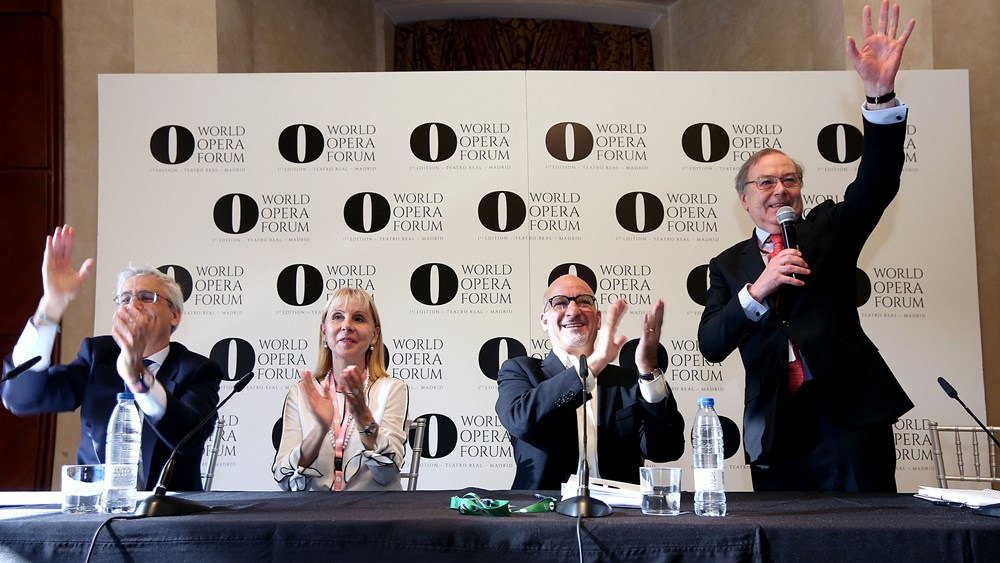
The idea has been in the air for the whole history of cooperation between OPERA America and Opera Europa, dating back to the European organization’s founding in 2002. Both groups hold annual conferences; would it be possible to stage an international convocation for North American and European companies alike? But both Marc A. Scorca, OA’s president/CEO, and Nicholas Payne, director of Opera Europa, realized the impracticability of such an idea: No matter which side of the Atlantic the gathering might take place, the commitment of time and expense for overseas travel would leave out the members of one group or the other.
Enter Ignacio García-Belenguer, general director of Madrid’s Teatro Real. His hallowed theater would be celebrating its 200th anniversary in 2018; how could it celebrate the August occasion in a way that would have global resonance? Payne suggested a World Opera Forum. Instead of being an orthodox conference, with members paying to attend a variegated slate of panel discussions and meetings, this would take the form of a focused series of shared discussions, with opera leaders from around the world coming in as invited, all-expenses-paid delegates.
In the midst of planning, the newly formed Ópera Latinoamérica climbed aboard. The World Opera Forum, organized and facilitated by OPERA America, would be a truly global affair, with participants coming in from not just Europe, the U.S. and Latin America, but also Africa, Asia, Australia and New Zealand. García-Belenguer brought in a number of government agencies and corporate sponsors to underwrite the event and provide the considerable funds needed to transport, house and feed the participants. The planners’ efforts bore fruit from April 12–15, when a blue-chip list of 100 leaders, creators and thinkers assembled in Madrid — joined by a video crew and observers, with the present writer tagging along as documentarian — for a demanding but intensely thought-provoking few days of panel discussions and informal conversations addressing opera’s past, present and future.
The afternoon before the general sessions, board members from the three partner organizations — OPERA America, Opera Europa and Ópera Latinoamérica — met to discuss the business issues and artistic issues facing the field. It soon became clear that it was impossible to separate the two categories: The business of opera so thoroughly shapes the making of opera that you can’t talk about one without the other.
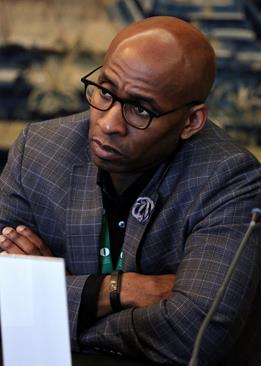
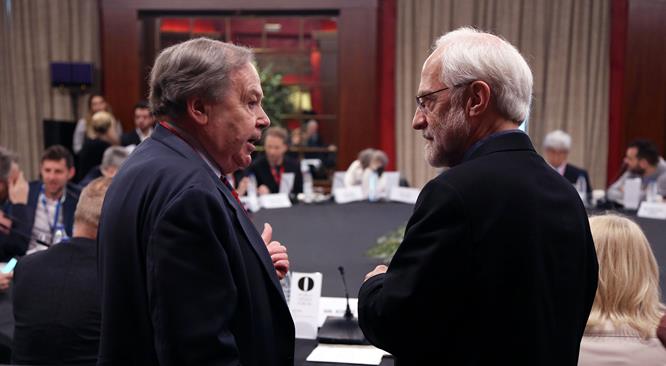
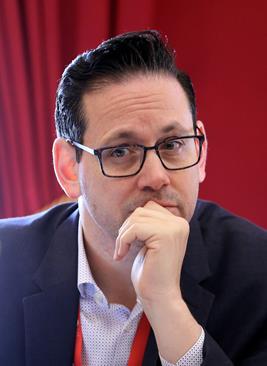
The meat of the convocation consisted of four sessions, each focused on a vital topic in today’s opera world: “Cultural Heritage,” “New Work,” “Diversity and Audiences,” and “Advocacy and Public Value.” The individual sessions were broken into three segments:
- “Provocations,” with a panel addressing the session topic in succinct, three-minute statements (many of them indeed provocative);
- A moderated “Fishbowl Debate” of 15 respondents; and
- “Breakout Discussions,” with all forum participants divided into “teams” — red, blue, green and pink — to discuss the issues that had been raised.
The topics proved to be interrelated, never more so than in the first full day of sessions, with discussions of opera’s heritage in the morning and new works in the afternoon. Some overarching themes emerged: The legacy of works that have stood the test of time may be one of opera’s great strengths, and indeed the standard repertoire provides an entry point for many operagoers worldwide. But it can also be seen as a burden: a factor that can threaten to keep the form rooted in the past. The inherited repertoire also carries social connotations whose effect is ambiguous, making attendance a moment of socio-economic achievement, but with the risk of conveying a sense of elitism and creating invisible barriers. Fresh, even radical approaches to the repertoire can help bring new vitality. And technology will play an ever-increasing role, both in bringing the work to larger audiences, and in providing its producers with new staging possibilities.
The discussion of cultural heritage naturally brought up its corollary: new works and their place in opera’s ecology. The participants in the “New Work” discussion were in agreement on one comprehensive idea: In order for opera to continue to assert itself as a 21st-century art form, new works must play an ever-increasing role. But there’s no single formula for developing new operas, and during the session, creators and impresarios shared thoughts about the processes they follow. Discussion also centered on the business practices needed to foster new work: Where will the funding for new operas come from? Who will perform, produce and publish them?
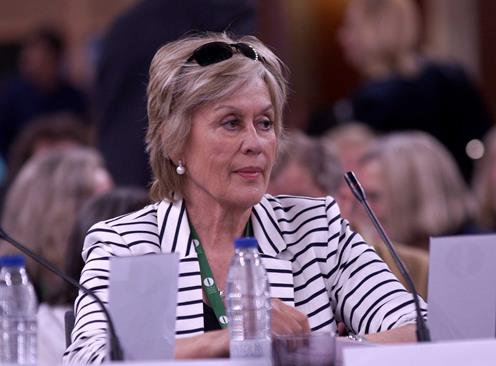
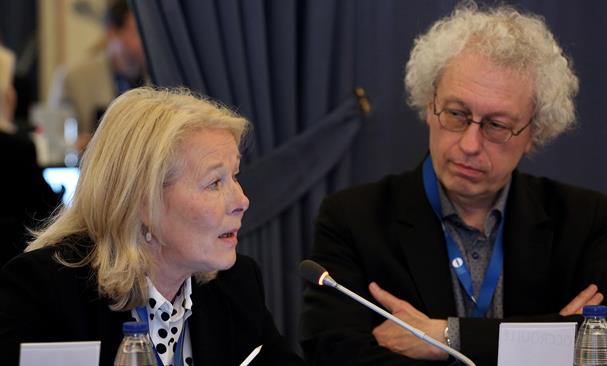
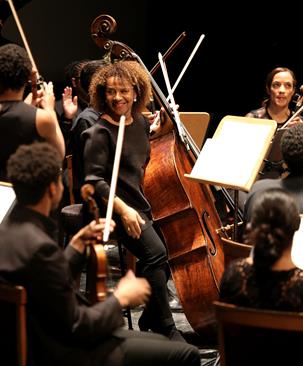
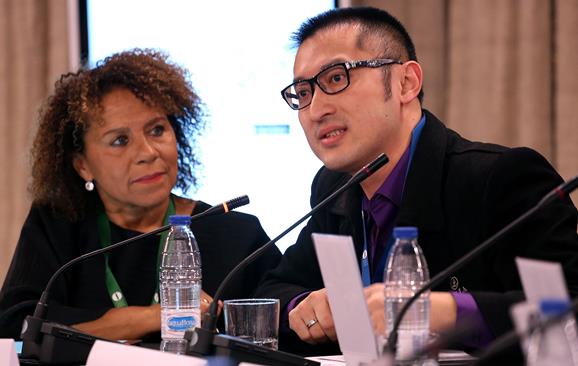
The “Diversity” segment, leading off the second day of general sessions, started with a change of pace. In place of a “Provocations” session, we attended a performance by a chamber ensemble from Chineke!, the London orchestra made up of musicians of color. The program consisted of Grieg’s Holberg Suite and the Concerto Grosso of Belize-born Errollyn Wallen, with the composer herself at the piano. The pairing of a classic European work with a recent piece incorporating jazz and Latin American influences, both of them played beautifully by musicians of mostly African heritage, made a stronger statement about diversity than words ever could have.
The ensuing discussions examined ways to bring an increasing level of diversity — in gender, age, race and ethnicity — both to the professional world of opera and to its audiences. Again, new work played a significant role in the discourse, especially in regard to people of color, historically underrepresented in opera. If new, more diverse audiences are to be drawn to opera, they need to be able to see people who look like themselves on stage. Opera must find ways to be more diverse in its casting, its administrative personnel and its creators.
That afternoon’s “Advocacy” segment drew the most disparate set of responses of the entire forum. The word means different things to different people, responding to different political and cultural circumstances. But it emerged that in order for the field to advocate for itself, it must work to build networks, seeking further integration into individual communities and greater levels of community participation.
The World Opera Forum brought few points of unequivocal consensus. For one thing, European companies, with their significant state subsidies, largely face a set of pressures dissimilar from their counterparts in the Americas. And when sharp-minded people, all with their own outlooks, exchange viewpoints, divergences of opinion are inevitable. But all the discourse was marked by a shared sense of exploration and a shared commitment to finding best practices and operating philosophies.
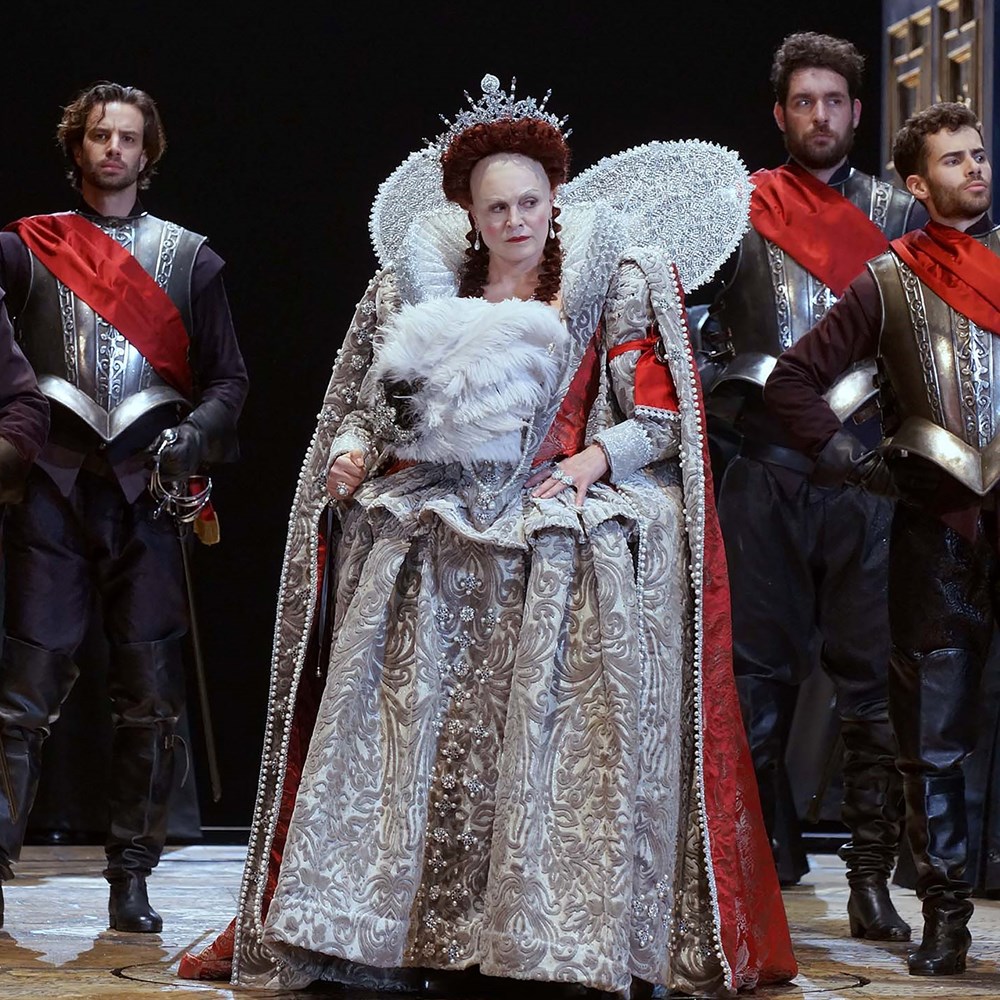
The red-carpet hospitality arranged by the organizers included a number of supplementary activities: lunches and cocktail receptions; the Real’s new production of Britten’s rarely performed Gloriana, with alternating casts led by Anna Caterina Antonacci and Alexandra Deshorties; a performance by María Pagés’ flamenco company; and private museum tours. (The experience of standing in an empty gallery, face to face with Velázquez’s Las Meninas, will stay with me for the rest of my days.) The few unplanned hours were given over to meals and serendipitous encounters, all marked by excited, stimulating discussion of the myriad issues raised in the formal sessions.
In his closing remarks, Scorca recounted a planning session he’d had weeks before with Ignacio García-Belenguer. The question arose of how to measure the forum’s success. “We’ll know it’s successful if people want to do it again,” said García-Belenguer. Based on my own anecdotal evidence, the response to the implicit question was a resounding “yes.” The forum’s participants emerged energized and inspired, eager to continue the conversation about the art form we all cherish.

This article was published in the Summer 2018 issue of Opera America Magazine.

Fred Cohn
Fred Cohn is the former editor of Opera America Magazine.





